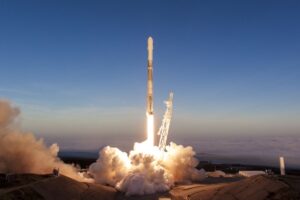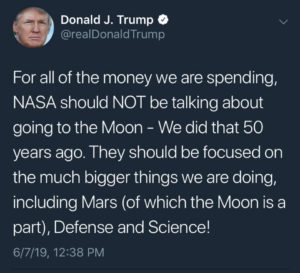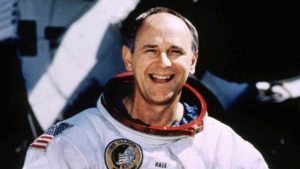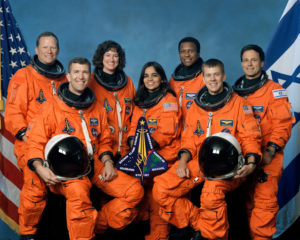It has been a good while since I’ve felt this kind of excitement preceding the launch of a rocket ship … but here it is.
They’re going to fire a rocket into space on Wednesday with two astronauts aboard. The launch will occur at Cape Canaveral, Fla. The rocket will be a Space-X ship and it will take place under the auspices of NASA, the U.S. space agency. The rocket will ferry the astronauts to the International Space Station.
It’s been more than a decade that U.S. astronauts have launched from an American launch pad. We have been flying Americans into space aboard ships launched from Russia.
The Space-X launch is a big deal in that it signals a potential return of manned space flight in the nation was able to put men on the moon, was able to set many space-flight records.
I plan to watch the launch when it occurs Wednesday.
My excitement over this launch is beginning to remind me of how excited I used to get when I was a boy. I would awaken every morning during the Mercury space program of the 1960s. I would watch and wait — and then wait some more during the delays — with my mother. We would cheer the Redstone rockets as they lifted off the pad. They graduated to the Atlas rockets for the orbital flights. Eventually we would cheer the monstrous Saturn rockets as they hurled astronauts toward the moon.
I certainly got excited during the launch of the initial space shuttle launches, beginning in April 1981 when the Columbia took off with John Young and Robert Crippen aboard.
The shuttle program ended. Since then we have relied on the Russians to take our men and women into space.
Now we’re getting back into the space game with the Space-X ship set to take off.
I’ll be in front of the TV … cheering the launch just like the old days.





